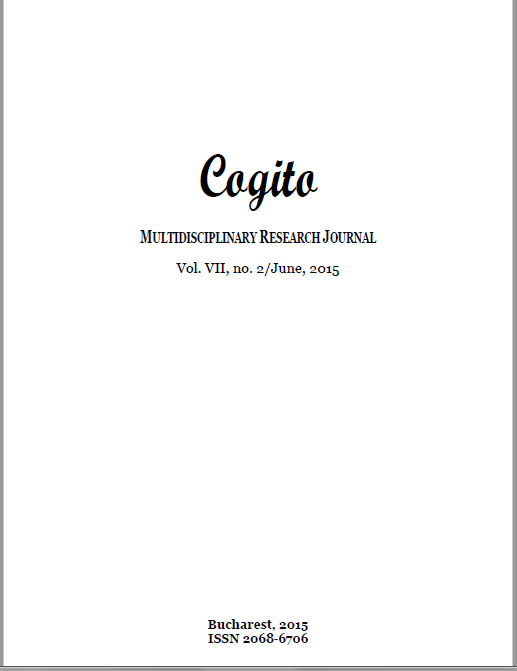WHO IS THE NATIVE? REFLECTIONS FROM FANON, CÉSAIRE, AND BRATHWAITE
WHO IS THE NATIVE? REFLECTIONS FROM FANON, CÉSAIRE, AND BRATHWAITE
Author(s): Majid AminiSubject(s): Sociology of Culture, Sociology of Politics, Globalization
Published by: Editura Pro Universitaria
Keywords: Brathwait; Césaire; Fanon; Globalisation; Identity Politics; Literature and Identity; Native Identity; Nativism;
Summary/Abstract: The advent of globalisation has, somewhat paradoxically, spawned regionalism and parochialism in many parts of the world. This tendency towards regionalisation and provincialism has been particularly pronounced in the context of culture and ethnological-cum-intellectual movements and traditions. But, more specifically, in terms of the theme of this paper, it can be seen that this intellectually driven anti-globalisation thrust has been principally directed towards attempts to forge native systems of thought and ideas. Globalisation is seen as a hegemonic attempt to suppress other percepts and precepts and subsume all other perspectives into one vast, boundless mass: that is, a homogenisation and effacement of difference that would ultimately culminate in the intellectual and cultural annihilation of ‘the other’. Accordingly, the nativist intellectuals have been motivated to reclaim their cultural and intellectual traditions from the ravages of the imperialism wrought in by globalisation. But, who and what constitute the native? To give a concrete setting to the discussion, the question is examined in the context of the attempts by Caribbean thinkers to construct nativist narratives of culture and intellect.
Journal: Cogito - Multidisciplinary research Journal
- Issue Year: 2015
- Issue No: 2
- Page Range: 7-17
- Page Count: 11
- Language: English

